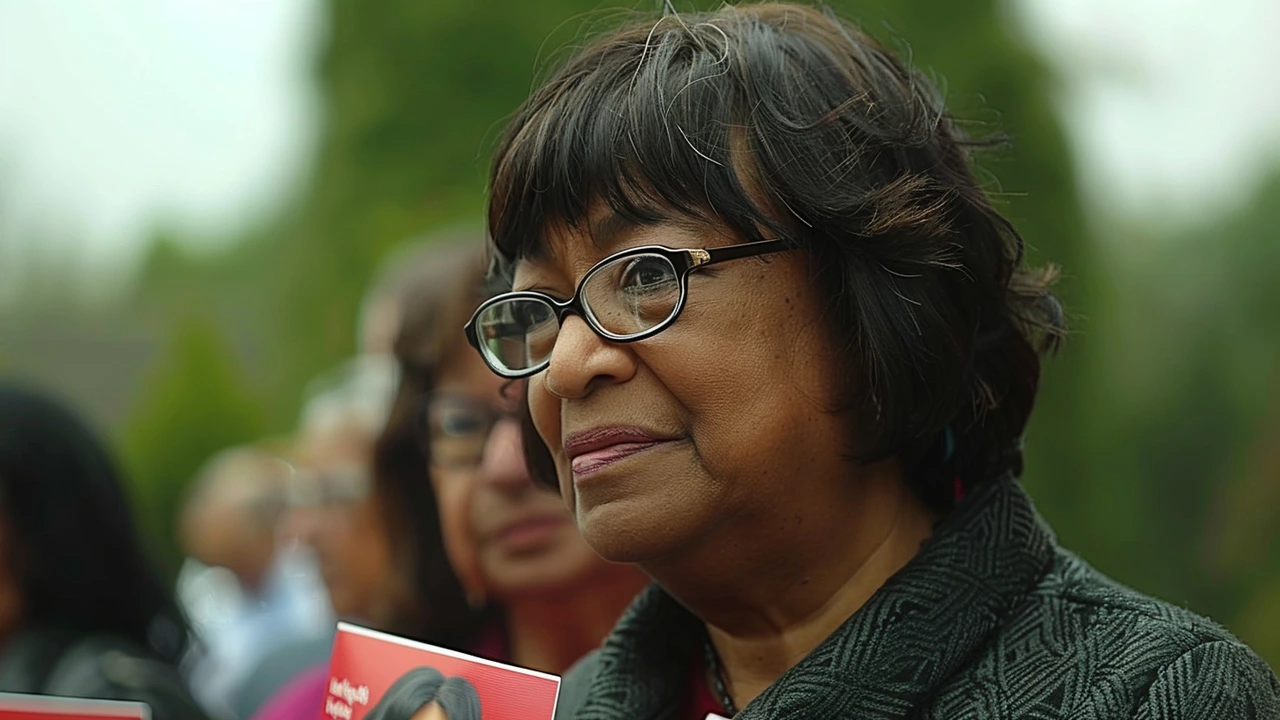Politics News: Labour MPs Furious Over Diane Abbott's Treatment
If you follow UK politics, you’ve probably heard the buzz about Diane Abbott. The party’s frontbenchers are openly upset, saying the Labour leadership is mishandling her situation. Abbott, the first Black woman MP, faced a wave of criticism for past remarks on racism, and now she’s been blocked from running in the next general election. That move has sparked a fresh clash inside the party.
Why the Outrage?
Labour MPs say the decision feels like a double standard. Abbott already completed an internal inquiry and took a mandatory anti‑semitism course. Yet, the leadership still barred her from standing. For many members, that looks like punishment without a clear reason. They argue it undermines the party’s claim to be inclusive and signals that Black voices are being silenced.
What This Means for the Election
The timing is crucial. With the general election looming, Labour needs to rally support across every community. Excluding a high‑profile figure like Abbott could alienate voters who see her as a champion for racial justice. On the other hand, the party worries the controversy may damage its broader image. The internal debate is now public, and it could reshape campaign strategies in key constituencies.
Beyond Abbott, the episode highlights a larger issue: how parties handle past comments and allegations of racism. Labour’s own history with anti‑semitism accusations has already been a hot topic. The Abbott case adds another layer, forcing the party to balance accountability with redemption. Critics say the leadership is playing it too safe, while supporters argue that strict standards protect the party’s reputation.
For everyday voters, the takeaway is simple: pay attention to how parties treat their own members. If a party appears to punish dissenting voices, it may signal a lack of openness to debate. That could affect everything from policy decisions to how they address community concerns. Watching the Labour response to Abbott will give you a glimpse into their internal culture.
Meanwhile, Abbott herself has remained relatively quiet, letting the party’s statements do most of the talking. Some insiders suggest she’s weighing her next move—whether to fight the ban, step back, or perhaps take on a different role within the wider left‑wing movement. Whatever she decides, her story is unlikely to disappear from headlines before the election.
In the end, the drama around Diane Abbott is more than just a headline. It’s a test of how Labour balances discipline with diversity, and it could sway voter sentiment in the weeks to come. Keep an eye on the party’s next steps, because the fallout might just shape the election narrative.
Labour front benchers express outrage over the party's handling of Diane Abbott, the first Black woman MP, after she faced backlash for comments on racism. Despite completing an inquiry and an antisemitism course, she is barred from running in the upcoming general election, further straining relations within the party.
